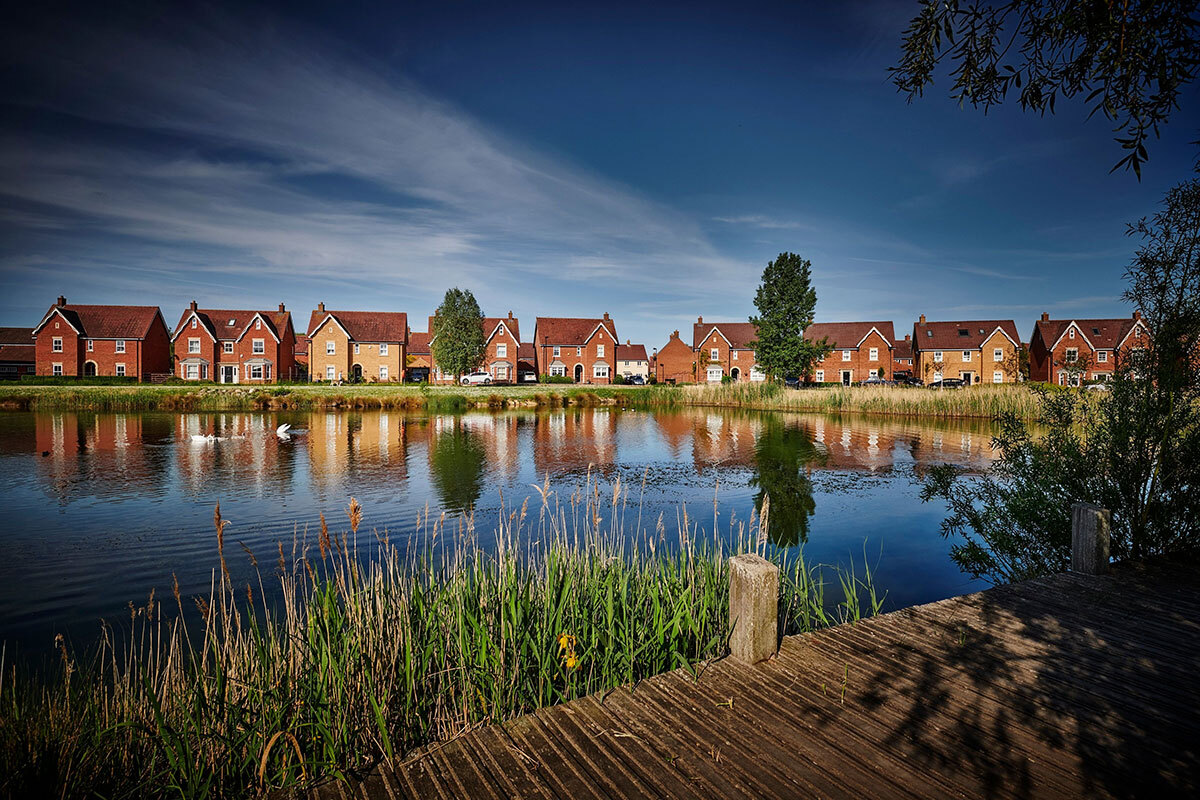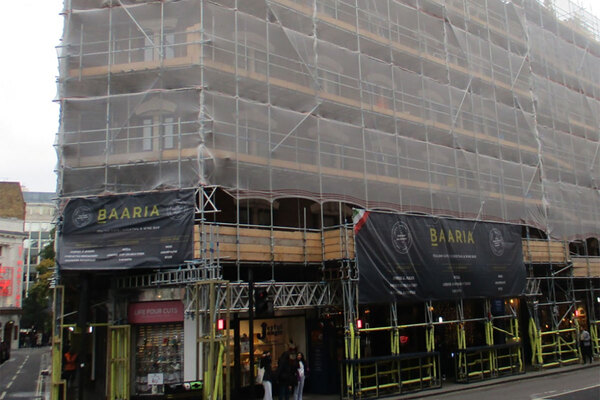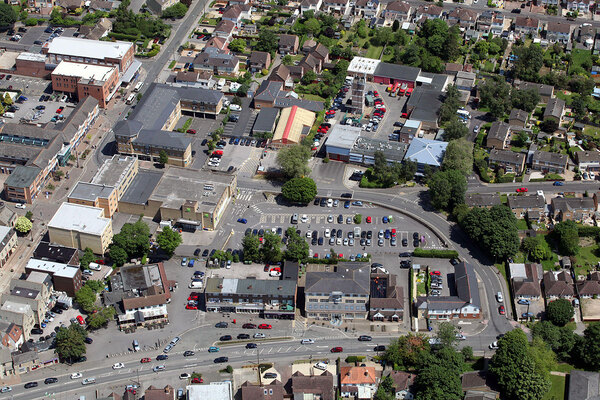You are viewing 1 of your 1 free articles
L&Q Estates sold to major development and investment firm for around £200m
Large London landlord L&Q has confirmed the sale of its strategic land business for a figure believed to be in the region of £200m.
Urban & Civic has been named as the buyers of L&Q Estates in a deal that will be completed shortly.
L&Q described the major development and investment firm as “a logical purchaser to keep faith with the intention of boosting housing output across South East England and into the Midlands”.
The acquisition will see Urban & Civic expand its portfolio into Milton Keynes, a key target geography, while also widening its commitment to strategic interventions in high growth locations.
The size of the deal was not disclosed, but Inside Housing understands it is to be in the region of £200m.
L&Q Estates, previously Gallagher Estates, was purchased by the 105,000-home landlord in 2017 to unlock land for housing development on a regional basis and since then, thousands of new homes have been delivered across the Midlands and South East.
However, like many across this sector, L&Q’s corporate strategy is now focused on prioritising investment into existing homes and services, and targeting growth in London and Greater Manchester.
In June, S&P Global lowered its credit rating for L&Q from A- to BBB+ due to the substantial investments the association has to make in existing stock.
On the new deal, Waqar Ahmed, executive group director of finance at L&Q, said: “We are pleased to have reached this agreement with Urban & Civic. We’re immensely proud that since acquiring L&Q Estates in 2017, we’ve enabled the delivery of over 11,300 new homes, of which 1,800 have been built by L&Q.
“However, our long-term strategy is focused on ensuring that every L&Q resident has a safe and decent home and access to high-quality services they can rely on. This deal will help us meet this goal by simplifying our business and generating additional revenue, which will be reinvested into our existing homes and services.
“L&Q remains committed to building the affordable homes the country so desperately needs, but this deal signals a longer-term ambition to concentrate future growth in our core areas of Greater London and Greater Manchester, rather than pursue strategic land opportunities across the wider South and Midlands.”
The association believes the sale will allow it to focus its resources on areas where housing need is the greatest, and where it is in the strongest position to provide responsive, local services.
Catesby Estates, the land promotion subsidiary of Urban & Civic, is expected to substantially expand into new target areas and strengthen market competition by progressing those sites which are made directly available to house builders once consent is secured.
Nigel Hugill, chief executive of Urban & Civic, explained: “We were delighted to be afforded the opportunity to acquire L&Q Estates, a business that we have admired since the inception of Urban & Civic and with which we are fully familiar. The purchase presents a singular opportunity to integrate complementary projects and expertise, while also expanding our portfolio into key target geographies, most notably Milton Keynes.
“It is simply infeasible to meet adequate housing targets in South East England without a greater contribution from strategic sites. The acquisition promises a step change for Urban & Civic and Catesby Estates as the new government looks at immediate means by which housing numbers can be lifted.
“Collectively, the enlarged group has gathered a lot of learnings to create best practice in amenity and landscape-led master development. I expect this knowledge and experience to prove invaluable in the changed political environment.”
Earlier this year, L&Q reported a post-tax surplus of 268% last year, but new home starts fell 70%. It posted a post-tax surplus of £147m for the 2023-24 financial year, up 268%, compared with the £40m it recorded in 2022-23.
Meanwhile, the housing association’s operating surplus, which excludes some one-off payments, more than doubled from £162m to £366m. The rise in surplus came partly due to a rise in non-sales turnover, lower operating costs and a fall in the value of the landlord’s investment property.
Sign up for our development and finance newsletter
Already have an account? Click here to manage your newsletters












